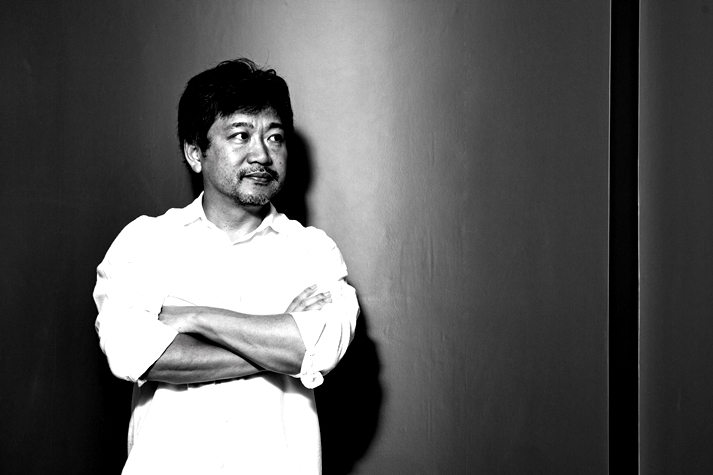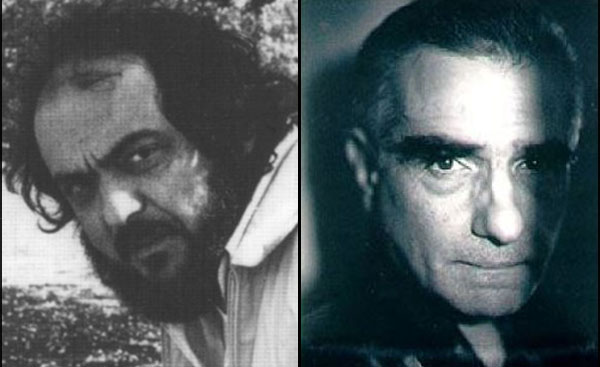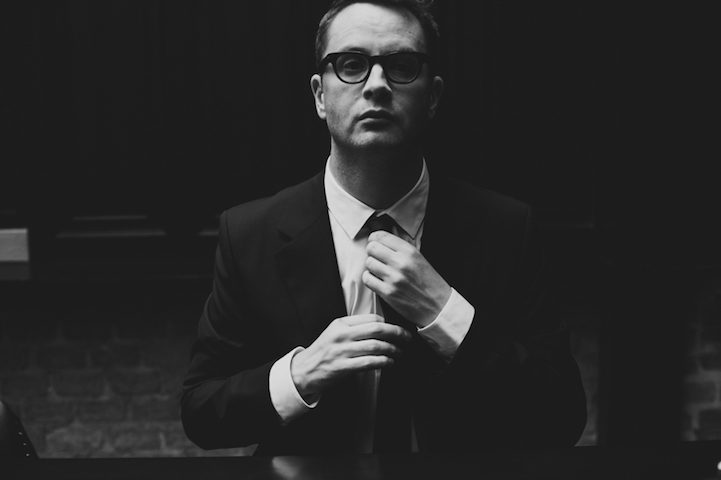When a young man and his mother walked out of a Japanese cemetery, followed by his wife and step-son, the 2008 Japanese movie, Still Walking is drawn to a climax. But, contrary to the tradition, their long walk didn’t end virtually and they continued to walk inside the viewers’ heads and, the director, Hirokazu Koreeda made it clear that movies can only end physically. Koreeda, one of the contemporary masters of Japanese cinema, is known for his contemplative pace and Ozuvian takes of family dramas. His major works include Like Father Like Son, After Life, Hana, Still Walking, and Distance, which are considered as masterpieces for their realistic imagery that captures the lyrical and poetic resonance of mundane, everyday life.
In this conversation, Koreeda discusses his creative process in general and how his personal experiences paved way for his much-acclaimed movie, Life Father Like Son. He remembers how the carefully choreographed tracking shots helped him to give space for the viewers, to think about the characters’ inner lives. He reveals his improvisation techniques for handling child actors in order to take the maximum out of them. In such situations, Koreeda points out that the adults’ acting is led by children and that makes the filmmaking process more organic.
Koreeda is known for his spontaneous and natural approach to filmmaking and his movies are very organic in form and content. He concludes the conversation reflecting upon the key factor of his oeuvre as an auteur, the symbiotic continuity between any “yesterday”, “today” and “tomorrow”, which are shot on different time and spaces. This detailing regarding time and space coordinates makes Koreeda a contemporary master and his movies intense statements of human relationships and emotional trauma.
Written By: Ragesh Dipu




